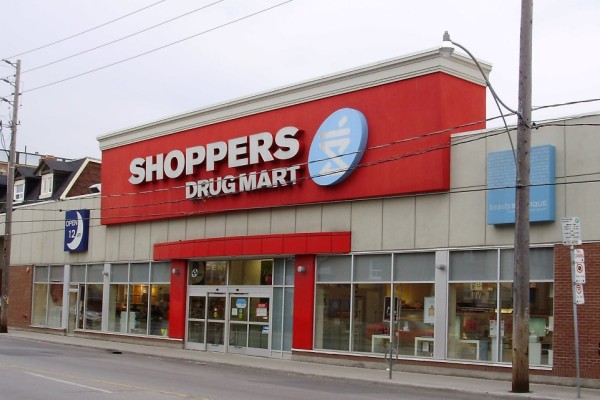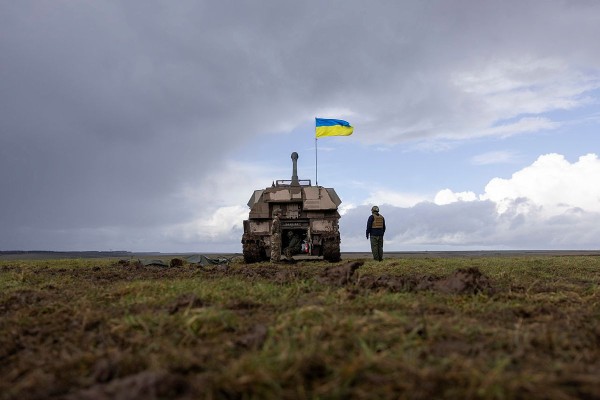-

Public service unions leading fightback against feds’ remote work policy
Much like “essential workers” during the pandemic, federal public servants have discovered that they are simultaneously too valuable to continue working from home, yet not worth enough to negotiate with. As Taylor Noakes reports, by mandating public servants to return to the office, the feds have needlessly picked a fight with a national workforce exceeding 270,000 people.
-

Manulife-Loblaw reversal shows urgent need for universal pharmacare
Canadians are fed up with the private sector’s encroachment on health care as much as they are with backroom corporate deals that would negatively affect their rights as consumers. It took less than one week to kill what may have been an incredibly lucrative financial agreement. Progressives would be mindful to remember the power of sustained direct action and bad publicity.
-

The NDP is a spent force in Canadian politics
The New Democratic Party, in both its federal and provincial iterations, has struggled in no small part because of a misguided notion that it should move to the centre to improve its electoral prospects. This has so far proven disastrous for the party. The bulk of the NDP’s success in the last two decades came under the avowedly progressive leadership of Jack Layton.
-

Why Ukraine’s interest in Chinese-brokered peace worries the White House
China’s recent pledge to send a peace delegation to Ukraine in the hope of resolving the country’s ongoing war with Russia is a hopeful sign the bloody conflict may soon come to an end. But the US’s general hostility to Chinese peace initiatives suggests there may be serious limitations to Ukrainian sovereignty. The choice between continuing the conflict, or suing for peace, may not be Kyiv’s to make.
-

Canada’s ‘China syndrome’
As the war in Ukraine stalls, the empire and its provinces seek to renew tensions with an old enemy. The allegation that China attempted to interfere in Canada’s 2019 and 2021 federal elections is just the latest example of Sinophobic hysteria conjured up the agencies whose actions remind us that the term ‘military intelligence’ is an oxymoron.
-

Ottawa should nationalize the Medicago vaccine plant
It would be quite innovative for the government to acquire the Medicago vaccine plant they already paid for. This would provide Canada with something it hasn’t had since the mid-1980s: a domestic vaccine production facility. Not only could Canada then produce its own COVID vaccine, it could use the plant-based vaccine production process to create other essential vaccines.
-

Tanks not troops
Prolonging the war with weapons shipments decreases the likelihood of a negotiated settlement as much as it increases the number of dead Ukrainians, precisely the group of people we’re being told these weapons are supposed to ‘save’ from Russain tyranny. There is no free market solution for peace when the military-industrial complex dictates our foreign policy.
-

Canada’s airline industry doesn’t need more competition. It needs a public alternative
You can provide healthy profits to the shareholders of a small number of transport companies in Canada, or you can provide comprehensive service to all corners of the country, but history has demonstrated you can’t do both. Whether Canadians have the right to publicly-funded transport options, and whether they have the right to expect a decent quality of service, are two parts to the same question.
-

Why we need to nationalize health care in Canada
The federal government has a strong incentive to improve health care access nationwide, where artificial provincial borders wouldn’t constrain accessibility. Canada’s major cities, with unique health care needs and resident populations whose needs are often ill-represented by populist provincial governments, could be arguably better served by a federal system rather than the status quo.
-

The Jerusalem Declaration on Antisemitism: a viable way forward for anti-racist action
Knowing as we do that the IHRA working definition is being used to silence critics of Israel, it is imperative that progressives have the tools necessary to resist attacks on freedom of speech, thought and conscience, as well as to provide a better alternative. As it happens, there is a better definition of antisemitism, the Jerusalem Declaration on Antisemitism (JDA).



